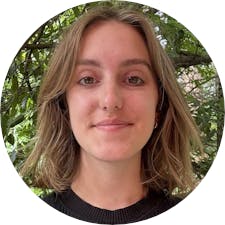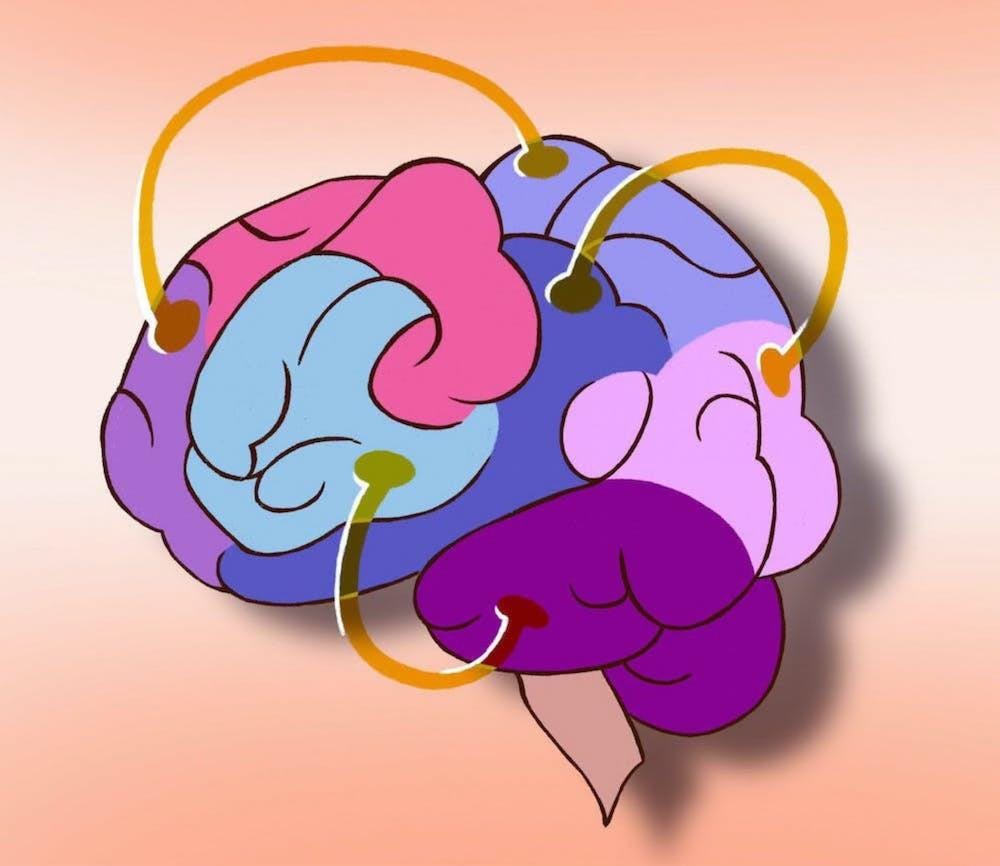Starting this year, prospective shoppers can select a new course code when perusing Courses@Brown: LING. With it comes new courses like LING1512: “Language and Ethnicity,” a product of the revamped linguistics program.
Though the linguistics program became independent from the Cognitive, Linguistic, and Psychological Sciences department last year, additional changes have gone into place this fall. This has brought the linguistics program greater independence, allowing it to recruit new faculty and expand its course offerings.
CLPS has been renamed to Cognitive and Psychological Sciences, or CoPsy for short. It has recruited six faculty members for the academic year.
“This split allowed both groups to focus on their own vision and their own agenda,” said David Badre, chair of the CoPsy department.
CoPsy will continue to offer four concentrations: psychology, cognitive science, cognitive neuroscience and behavioral decision sciences. Badre said that they are looking for ways to both simplify the concentrations and “craft student-centered pathways” based on diverse interests.
Meanwhile, the linguistics program now looks to attract students with a broader range of interests related to linguistics, said Scott AnderBois, the director of the linguistics program.
Many students lack opportunities to explore the field until college, he said. The change has allowed the program to offer its introductory course in both the fall and spring semesters, granting students more opportunities to learn the discipline’s basics.
Faculty within the program also said that the association with CLPS limited how professors could approach their research, hiring and event planning.
“Being part of CLPS meant that we had to function as if linguistics were a branch of psychology,” Uriel Cohen Priva, an associate professor of linguistics, wrote in an email to The Herald.
Now, in an individual program, professors say they can make interdisciplinary connections beyond psychological sciences in fields ranging from computer science to anthropology.
“It’s nice to be able to explore some of those areas that maybe fit less well with the rest of cognitive science and psychology,” said Jaime Benheim, a visiting assistant professor of linguistics who joined Brown last year.
This also helps attract more students to the field, AnderBois said. His spring 2024 course, CLPS0350: “Playing with Words: The Linguistic Principles Behind Word Games and Puzzles,” is an example of diversifying the program’s offerings through classes students might be interested in even if they hadn’t previously been exposed to linguistics.
The separation has also led to increased freedom to hire new faculty with diverse academic backgrounds like Benheim. As a sociolinguist, she studies the relationship between language and society, emphasizing how individuals use language to construct identities for themselves.
“When we tried to recruit new faculty (before the change), we had to explain how new hires would benefit the rest of CLPS, rather than linguistics on campus,” AnderBois said.
CLPS only requires professors to teach two classes per year, whereas many humanities and social science departments require three, he explained. Now that linguistics is an independent program, the teaching load has increased to three courses, leading to a wider array of course options.
“Last year, when we were in CLPS, we were teaching half as many linguistics classes as we were when I started at Brown,” AnderBois added.
Cohen Priva emphasized that the old requirement made it “difficult to teach the breadth of classes that undergraduate linguistics education requires.”
Despite the separation, requirements to concentrate in linguistics remain nearly unchanged. AnderBois noted. “They can take exactly the same courses as before if they want, but they have more options on the table.”
While not yet its own department, the linguistics program is looking to the future.
“I believe the University wanted to see that we can function on our own, offer new classes, get students’ attention and serve the greater community at Brown before it made long-term commitments,” Cohen Priva wrote. “The program stage is supposed to be transitory.”
Anderbois agreed with this vision.
“We’re really excited for the opportunity that we have here to maximize the contribution of linguistics to the University as a whole,” he said. “We now have this independence and have been working to both recognize existing connections across campus and make new ones.”

Cate Latimer is a university news editor covering faculty, University Hall and higher education. She is from Portland, OR, and studies English and Urban Studies. In her free time, you can find her playing ultimate frisbee or rewatching episodes of Parks and Rec.





